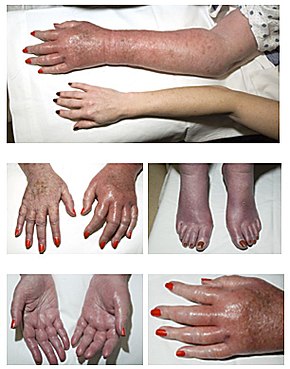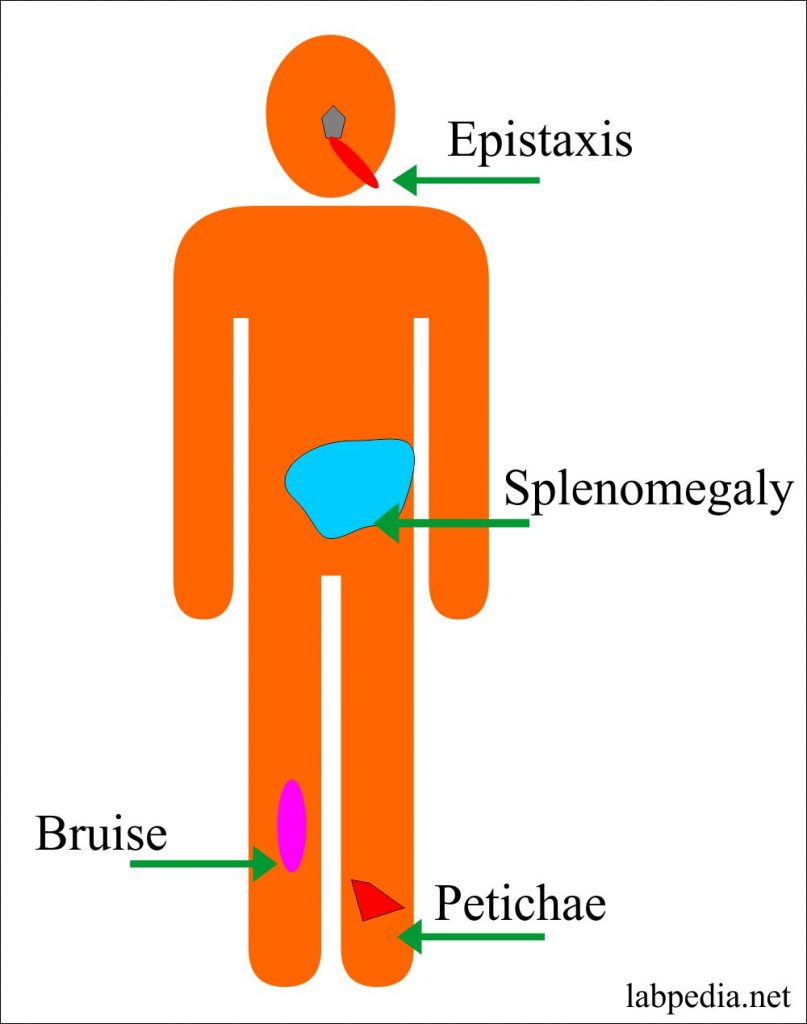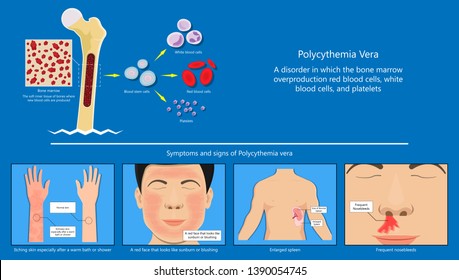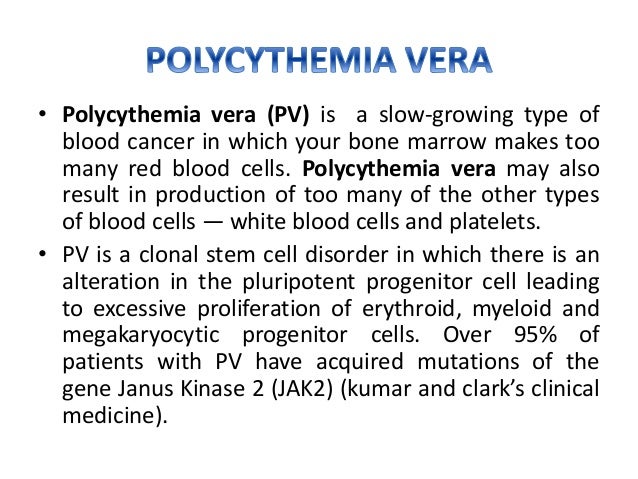46 rows Polycythemia vera is a condition characterized by an increased number of. Polycythemia vera polly-sigh-THEE-me-ah-VAIR-Ah or PV is a rare chronic blood cancer in which your bone marrow produces too many blood cells.
 Polycythemia Rubra Vera Pathophysiology Symptoms Diagnosis And Treatment Youtube
Polycythemia Rubra Vera Pathophysiology Symptoms Diagnosis And Treatment Youtube
It is most commonly found by doctors in men over 60 years of age.

What is polycythemia vera. The increase in blood cells makes your blood thicker. This can lead to strokes or tissue and organ damage. You may also have too many white blood cells and platelets blood clotting cells in your blood but having too many red blood cells causes most of the problems associated with PV.
Polycythemia vera PV is a blood cancer that begins in the marrow of your bones the soft center where new blood cells grow. They thicken your blood which implies it doesnt stream as fast so its more similar to maple syrup than water. Polycythemia is a condition in which the body produces too many red blood cells.
Polycythemia vera PV is a rare disease that causes your body to make too many red blood cells. Polycythemia vera PV is a condition that causes your bone marrow to produce too many red blood cells RBCs. Extra cells may not sound like a problem but.
This causes serious health problems. Polycythemia vera is a rare blood disorder in which there is an increase in all blood cells particularly red blood cells. Learn more about causes risk factors screening and prevention signs and symptoms complications diagnoses treatments and how to participate in clinical trials.
Polycythemia vera PV is a disease that causes thick blood because the body makes too many red blood cells. Polycythemia vera PV is a rare type of blood cancer in which your body produces too many red blood cells. This overproduction can lead to complications such as abnormal blood clotting unusual bleeding and an.
Polycythemia vera PV is an uncommon blood cancer that makes your body make such a large number of red platelets. Polycythemia vera is a rare blood disease in which the body makes too many red blood cells making the blood thicker than normal and causing blood clots. The increase in blood cells makes your blood thicker and can cause problems with blood flow circulation.
It causes your marrow to make too many red blood cells so your blood. This can lead to strokes or tissue and organ damage. It can occur due to rare underlying conditions or certain situations such as high altitudes.
PV increases the risk of abnormal blood clots which could lead to a heart attack or stroke. In people with polycythemia vera PV the bone marrow produces too many blood cells. Polycythemia vera is caused by a genetic change mutation that.
RBCs carry oxygen throughout the body. Basically there is no difference between Polycythemia and Polycythemia Vera. What is polycythemia vera.
Polycythemia vera is a rare blood disorder in which there is an increase in all blood cells particularly red blood cells. Polycythemia vera is a clonal stem cell disorder in which there is an alteration in the pluripotent progenitor cell leading to an excessive proliferation of erythroid myeloid and megakaryocytic progenitor cells. Polycythemia vera PV is a rare blood cancer that causes your body to make too many red blood cells.
Additional cells may not seem like an issue however they are. Too many white blood cells WBCs and platelets may also be produced. Your blood may become too thick.
What is polycythemia vera.
 Self Care For Polycythemia Vera Exercise Skin Care And More
Self Care For Polycythemia Vera Exercise Skin Care And More
Polycythemia Vera Treatment Overview Mpnrf
 Polycythemia Erythrocytosis Polycythemia Rubra Vera And Secondary Polycythemia Labpedia Net
Polycythemia Erythrocytosis Polycythemia Rubra Vera And Secondary Polycythemia Labpedia Net
From Leeches To Personalized Medicine Evolving Concepts In The Management Of Polycythemia Vera Haematologica
 Pdf Polycythemia Rubra Vera Presenting As Unilateral Clubbing Due To Left Subclavian Artery Thrombosis
Pdf Polycythemia Rubra Vera Presenting As Unilateral Clubbing Due To Left Subclavian Artery Thrombosis
 The Diagnosis Of Polycythemia Vera New Tests And Old Dictums Sciencedirect
The Diagnosis Of Polycythemia Vera New Tests And Old Dictums Sciencedirect
 Polycythemia Vera Free Photo On Pixabay
Polycythemia Vera Free Photo On Pixabay
 Polycythemia Vera Nord Osmosis
Polycythemia Vera Nord Osmosis
 What Is Polycythemia Vera Pv Reporter
What Is Polycythemia Vera Pv Reporter
 Polycythemia Vera Images Stock Photos Vectors Shutterstock
Polycythemia Vera Images Stock Photos Vectors Shutterstock




No comments:
Post a Comment
Note: Only a member of this blog may post a comment.